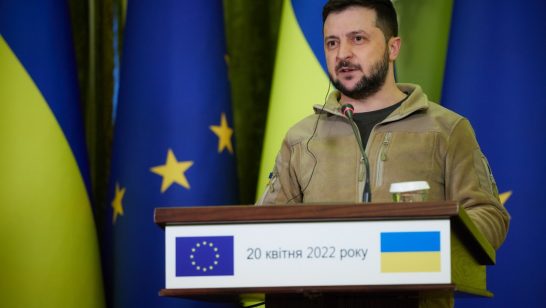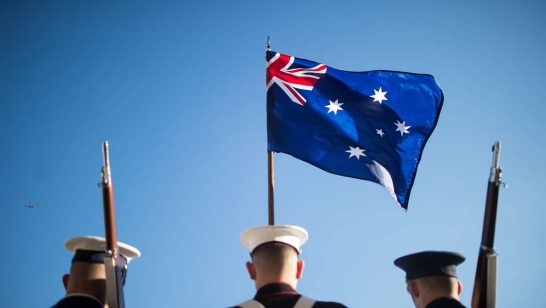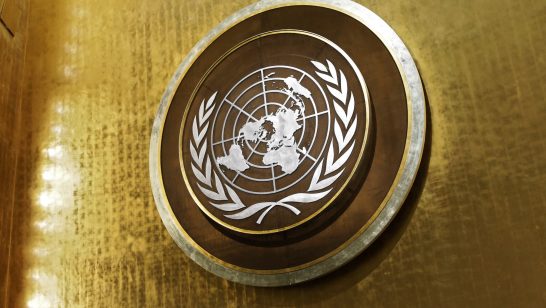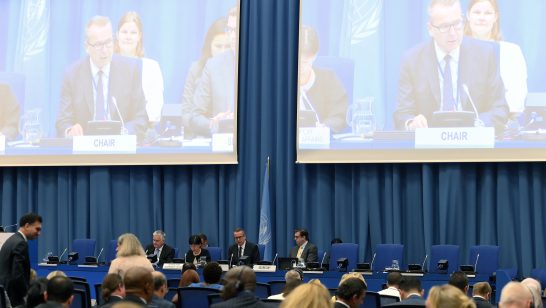
Scenario building workshop report: “Europe after the war”
This report comes off the back of a two-day scenario-building workshop convened in October by the European Leadership Network and the Hanns Seidel Foundation in Istanbul. A diverse group of experts from Ukraine, Russia, and wider Europe gathered to explore the implications of several different outcomes of Russia’s invasion of Ukraine on Europe. Read the full report to view the scenarios, participants’ comments, and policy recommendations for European leaders.







